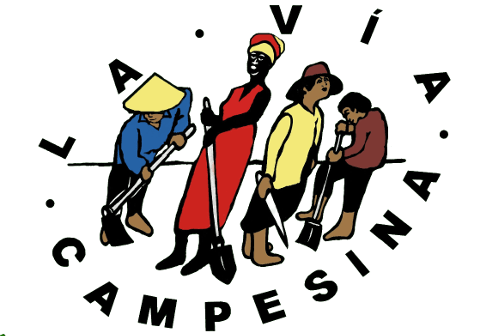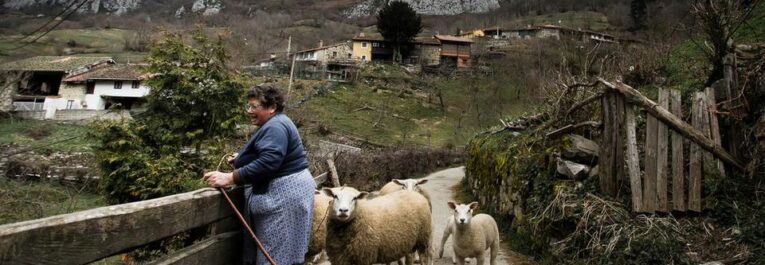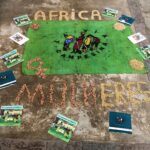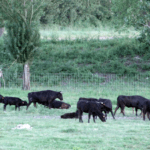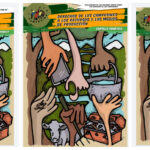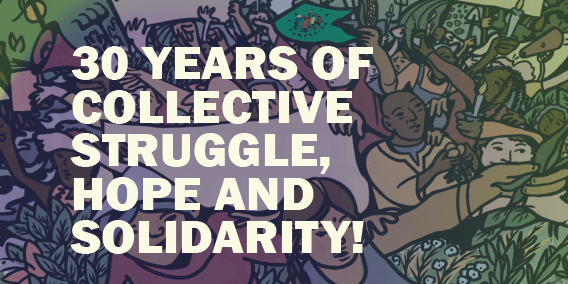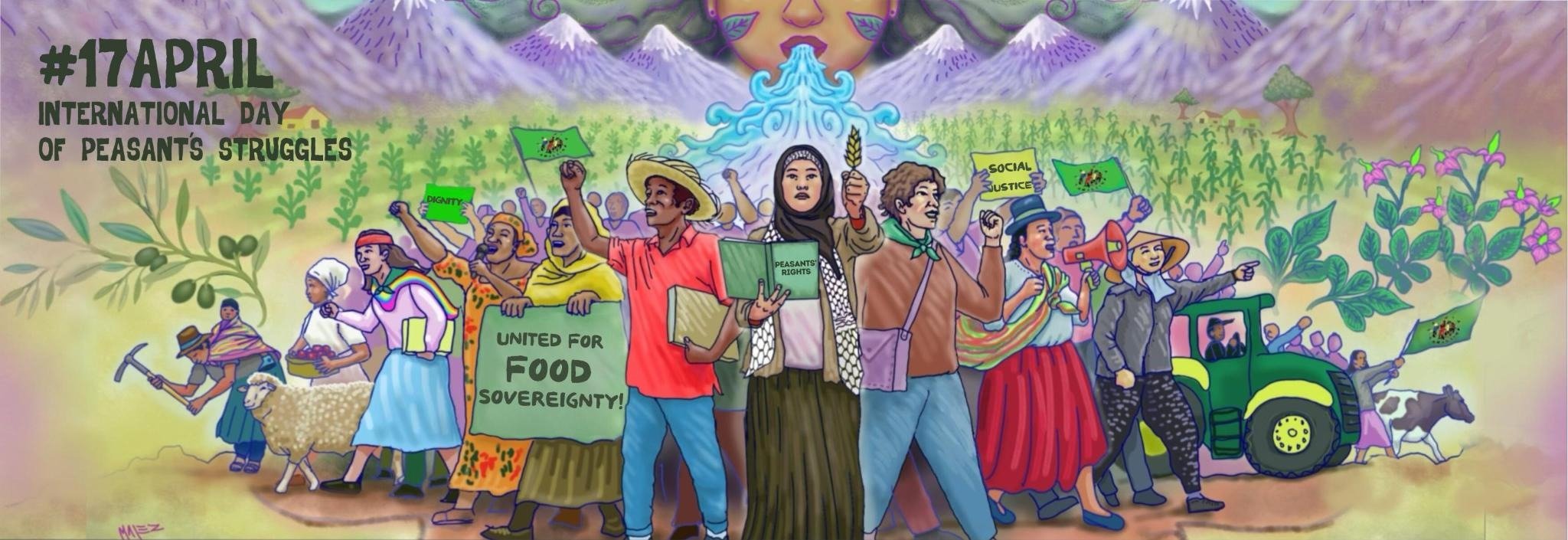Peasant Organisations in Spain – COAG and the Confederation of Rural Women (CERES) – demand that the new Common Agricultural Policy (CAP) and the Rural Development Plans (RDP) be drawn up with a gender perspective, as they marginalise the lands of peasant women and livestock breeders.
Farms managed by peasant women receive barely 3 out of 10 euros from the Common Agricultural Policy (CAP).
(Madrid, 4 March 2021) On the occasion of International Women’s Day (8M), the Women’s Department of COAG and the Confederation of Rural Women (CERES) denounce the fact that peasant women-owned farms have more difficult access to agricultural aid.
According to data published by the Spanish Agricultural Guarantee Fund (FEGA), the number of women’s farms receiving CAP aid is far from being on a par with men’s. Only 27.5% of women’s farms receive CAP aid. Only 27.5% of direct aid is received by women and 26.34% of Rural Development aid. For all these reasons, COAG and CERES believe that it is essential to carry out an analysis of the gender perspective in these two programmes to promote agricultural activity.
COAG and CERES consider that the objective of advancing equality between women and men in the Common Agricultural Policy and in the Rural Development Programme is to apply a new gender strategy to the reality of the countryside, not only to achieve real equality but also to stop the depopulation of rural areas.
Currently, both the CAP and the RDP support have been designed from a male point of view, in which a model that suits the majority of farms whose owner is a man is established as the “standard” farm receiving support. In other words, it does not take into account the gender perspective, which should take into account the fact that the majority of farms owned by women have a different model to those owned by men. They are smaller farms and, in many cases, have alternative crops and livestock production that are not eligible for aid. This does not mean that they are not viable or productive, in fact “they have been there all their lives”.
According to a study by CERES, women retain more rights in so-called hoe agriculture, i.e. permanent horticultural crops and livestock farming, than in plough agriculture, mainly dry cereal farming, more than men. This gender bias in arable and livestock farming is the mirror image of the “short-time work” to which many women in paid employment are condemned. The reproduction of gender stereotypes imposed on women in the family and social sphere often prevents women in the countryside from working on larger farms.
It should also be noted that some female-owned farms opt not only for smaller farms but also for different models and production, with an emphasis on more sustainable agriculture, which requires more work and therefore less possibility to expand in area (hectares).
“The CAP could certainly be an example of well implemented social innovation. Equal opportunities are not based on establishing the same conditions for access to aid once the requirements for a “standard farm” have been met, as in this case, but must be established beforehand, i.e. at the starting line and not at the finishing line. It is therefore necessary to take account of the situation of women-owned farms in the design of the requirements. It is a question of adapting the regulations to the reality of the countryside, taking women into account”, stressed Inmaculada Idáñez, head of the Women’s Department of COAG and President of CERES.
Brussels has reminded us that aid to the countryside must give priority, among other things, to women, which is why it is time to establish an equality strategy both in the CAP and in the RDP. In this respect, COAG and CERES believe that when it comes to proposing interventions in the CAP, advisory bodies, cooperatives and agricultural organisations should be encouraged to have an equitable distribution in decision-making positions. “Organisations that promote women’s participation should be rewarded. We are sure that this will end up transforming the way of working in all areas to enrich them and also as a matter of social justice”, Idáñez remarked.
In addition, on the occasion of #8M, COAG and CERES urge the Spanish government to sign the Declaration of Peasant Rights approved by the United Nations in October 2018, since at the time of the vote our government abstained.
- Signing means supporting the premises of the UN declaration where it is recognised that:
- States shall take all measures to ensure that rural women enjoy the rights to participate in development plans.
- States must facilitate women’s access to social security, training, education and financial services.
- States need to facilitate women’s equal access to land and natural resources and to be able to use and manage them on an equal basis.
